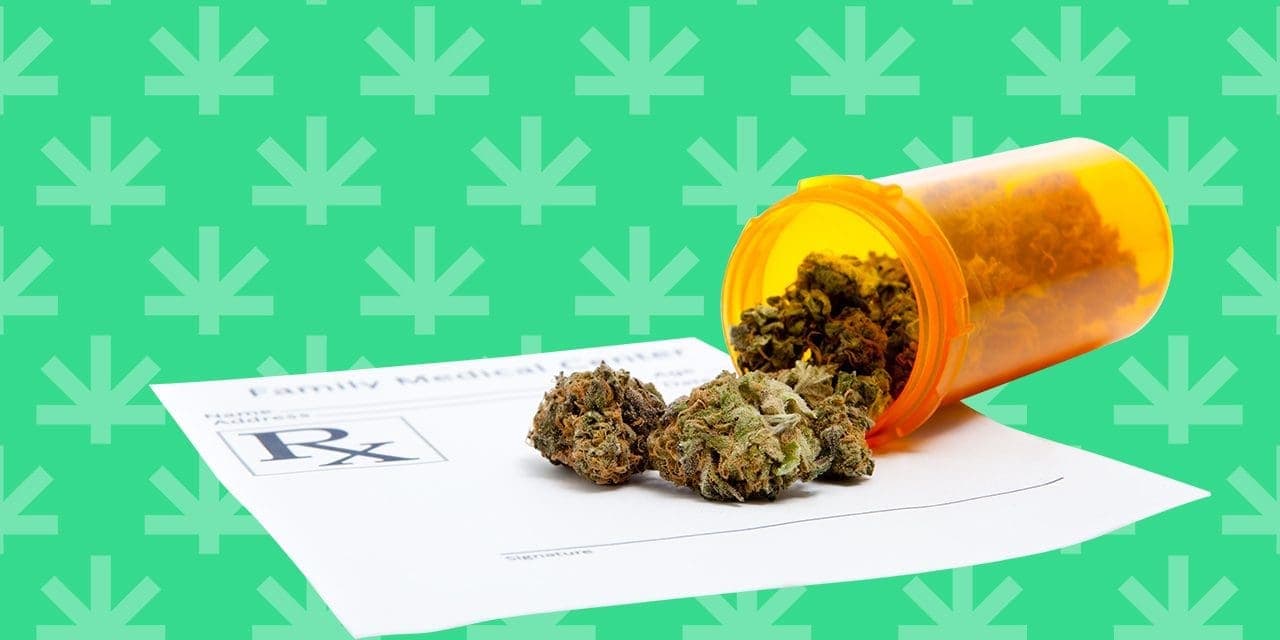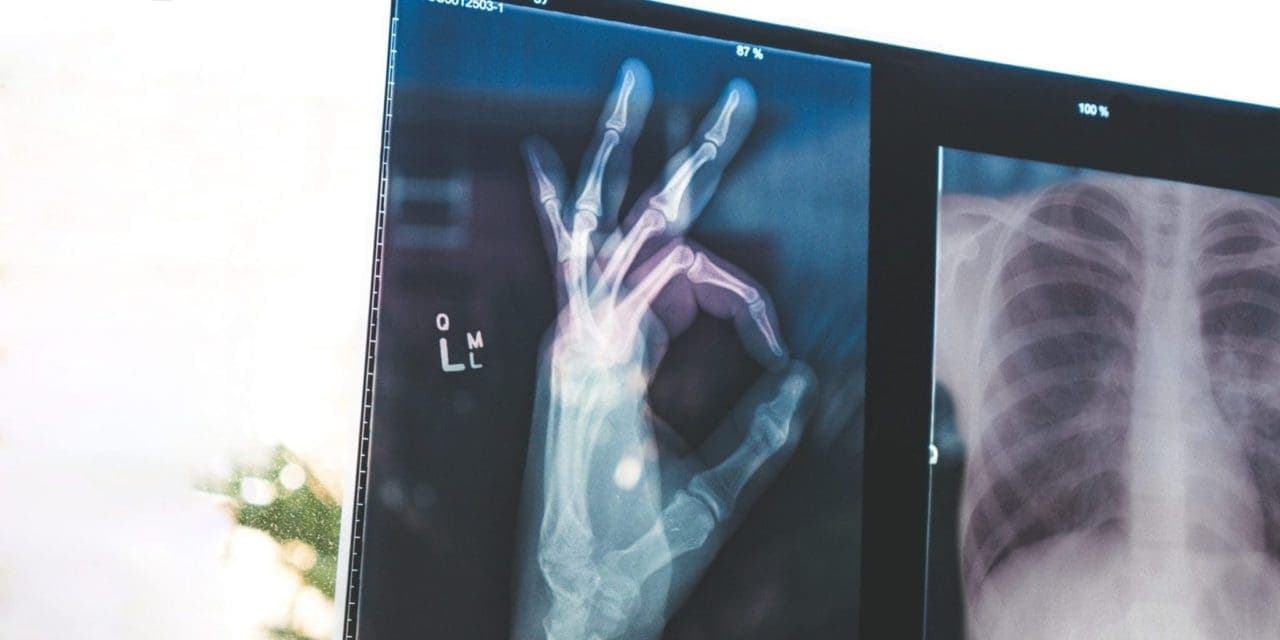Top 5 Most Common Qualifying Conditions for Medical Cannabis

Article written by

Ruth LemonChief of Staff
Content reviewed by

Dr. Gavin MorelandMedical Director
Are you interested in what people use medical cannabis for?
We sampled 15,000 Leafwell patients (55.5% of patients were male; 44.08% female; approximately 0.4% “other”) from 2020 and identified the top 5 qualifying conditions nationwide for getting a medical marijuana card.
- Anxiety
- Chronic pain
- Insomnia
- Post-traumatic stress disorder (PTSD)
- Depression
It is important to note that some states do not include all of these conditions as qualifiers for getting a medical marijuana card. Many patients were certified for more than one condition. For example, a patient suffering from chronic pain may also suffer from insomnia as a result of their pain. Luckily, cannabis can effectively work to reduce both conditions, thanks to its versatility and well-earned moniker of a pharmacy in a plant.
Now let’s look at how cannabis can be used as medicine for each of these qualifying conditions.
Get Your Medical Card
Medical Marijuana and Anxiety
Anxiety disorders are one of the most common forms of mental illness in the United States, affecting 40 million adults.
Cannabis can work for treating anxiety because:
- Cannabis contains a number of terpenes that reduce stress
- CBD may improve blood flow in the brain, which helps lower anxiety levels
- Beta-caryophyllene targets CB2 receptors, helping reduce anxiety
- Low doses of THC can help reduce anxiety
Medical Marijuana and Chronic Pain
Chronic pain is a common condition because it is associated with lots of different health problems.
Cannabis can work for chronic pain because:
- The cannabis plant contains anti-inflammatory compounds
- THC and beta-caryophyllene have painkilling effects
- CBD can help change the way pain signals are processed
- CBD also “turns off” the vanilloid receptor, helping reduce pain and inflammation
- Can be used for various kinds of pain
Medical Marijuana and Insomnia
Did you know 30% of the population of the US suffers from some form of sleep disturbance, with 10% having symptoms associated with insomnia?
Cannabis can help treat insomnia because:
- Endocannabinoids play a significant role in the regulation of the sleep-wake cycle
- Cannabis contains cannabinoids and terpenes that help us sleep
- Cannabis may help us fall asleep quicker
Medical Marijuana and PTSD
Approximately 5% of Americans – around 13 million people – have PTSD at any one given time.
Cannabis can work for PTSD because:
- CBD and caryophyllene help reduce anxiety (see above)
- It may help keep the mind off of reliving traumatic experiences
- THC may help restore our body’s natural shortage of endocannabinoids
- It promotes a good night’s sleep and reduces anxiety dreams or nightmares
Medical Marijuana and Depression
Alongside anxiety, depression is one of the most common types of mental health conditions in the U.S., affecting just over 26% of the population. Depression is often comorbid with anxiety, and it can also make chronic pain worse.
Cannabis can work for depression because:
- Cannabinoids have antidepressant-like actions
- Cannabinoids work quicker than antidepressants, making them very valuable for short-term depressive episodes
- The cannabis plant contains stress- and anxiety-busting terpenes
Overall
Every state has different qualifying conditions but these are common across all programs. Visit your state page and find out if you can get a medical marijuana card with Leafwell today. Or read our full research report including how Covid-19 affected qualifying for medical cannabis.


